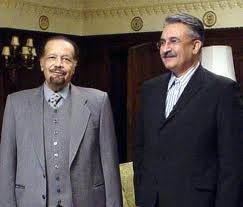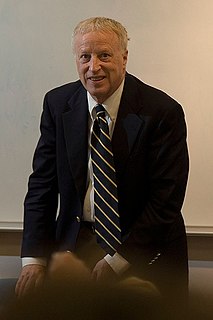A Quote by Tim Cook
Companies that get confused, that think their goal is revenue or stock price or something. You have to focus on the things that lead to those.
Related Quotes
The oil companies are really making a very lucrative amount of profit from the high price of oil. I don't that they're very keen to reduce the price of oil. The consumers are those who are the victims so I think that the producers, the governments, some of them, they're enjoying the high revenue that they get.
The other dynamic keeping the stock market up - both for technology stocks and others - is that companies are using a lot of their income for stock buybacks and to pay out higher dividends, not make new investment,. So to the extent that companies use financial engineering rather than industrial engineering to increase the price of their stock you're going to have a bubble. But it's not considered a bubble, because the government is behind it, and it hasn't burst yet.
I think comedians should focus on what makes them happy, what art form fulfills them the most. Don't be calculated about it and say, 'Okay, I'm gonna tweet, and I'm gonna podcast, and I'm gonna do standup, and one of those things is going to lead me to my own TV show.' I don't think that should be the goal.
Are you going to divest in the banks and pension funds? Plenty of people are willing to invest in stock of those companies. You can argue that when a lot of people divest, it makes the stock price artificially low, which makes their price-to-earnings ratio more favorable, which makes it a better investment for the people who don't give a damn - - and is it really going to change corporate behavior? It begins to create a climate of antagonistic opinion, the result might be that the corporate executives will retreat even more into their own selfjustifying narratives.
The biggest shortage in the world is not oil or food-it's leadership. Why is it such a scarce resource? Because egos get involved. Most people in top positions think they are better than somebody else, think they need something better than somebody else. It's economic assets, it's status, it's all those other things that prevent the people at the top from subordinating themselves totally to the people they lead. It is not socialism. Leaders get paid a lot more than those they lead, they get paid for their knowledge and skill...but they are no better as a person.
People always get what they want. But there is a price for everything. Failures are either those who do not know what they want or are not prepared to pay the price asked them. The price varies from individual to individual. Some get things at bargain-sale prices, others only at famine prices. But it is no use grumbling. Whatever price you are asked, you must pay.

































